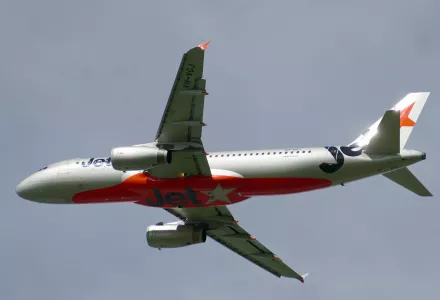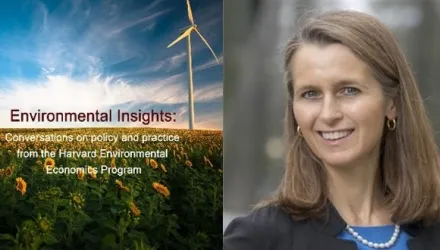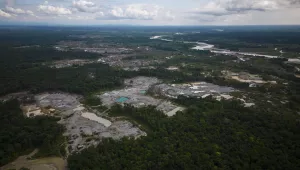
Summary
The Carbon Offset and Reduction Scheme for International Aviation (CORSIA), adopted by the International Civil Aviation Organization (ICAO) in October 2016, addresses the growth in total CO2 emissions from international aviation above 2020 levels. Prior to the scheme, there was a high risk that states would introduce climate policies that would lead to a costly patchwork of overlapping and distortive measures. The International Air Transport Association (IATA) played a crucial role in developing workable solutions that helped secure a global approach to addressing CO2 emissions from international aviation. (ICAO is an international governmental organization, and IATA is a business association.)
No other sector has a climate policy that places an absolute global cap on net CO2 emissions. A key design feature of CORSIA is that it incorporates the concept of shared responsibility for managing CO2 emissions. The offset responsibility of individual carriers is, initially in full and later in part, determined by the industry CO2 growth factor. Furthermore, the scheme is phased in a way that addresses the special circumstances and respective capabilities of developing countries while ensuring uniform treatment of aircraft operators.
This paper has six sections. It starts by introducing the key relevant characteristics of air transport. The second section provides historical context in which the industry climate change strategy was developed. The third section provides an overview of the technical work of the IATA Climate Change Task Force. The fourth section highlights the key industry decision points taken by IATA members. The fifth section explains the key design features of CORSIA as adopted by ICAO. The last section highlights next steps for CORSIA implementation.
The complete text of this Viewpoints is available at the link below.
George Anjaparidze
While Senior Economist at the IATA Chief Economist Office, George Anjaparidze led the design of CORSIA and was the lead economist on air cargo and aviation infrastructure. He is currently CEO of Veritas Global, a Swiss economics and strategy think tank and advisory: www.veritasglobal.ch
Viewpoints present policy proposals, considered opinions, and commentary by distinguished policymakers, leaders from business and non-governmental organizations, and scholars. The Harvard Project on Climate Agreements does not advocate any specific climate-change-policy proposals. Statements and views expressed in Viewpoints are solely those of the author(s) and do not imply endorsement by Harvard University, the Harvard Kennedy School, or the Harvard Project on Climate Agreements.
Anjaparidze , George. “The Extraordinary Climate Agreement on International Aviation: An Airline Industry Perspective.” October 2019


